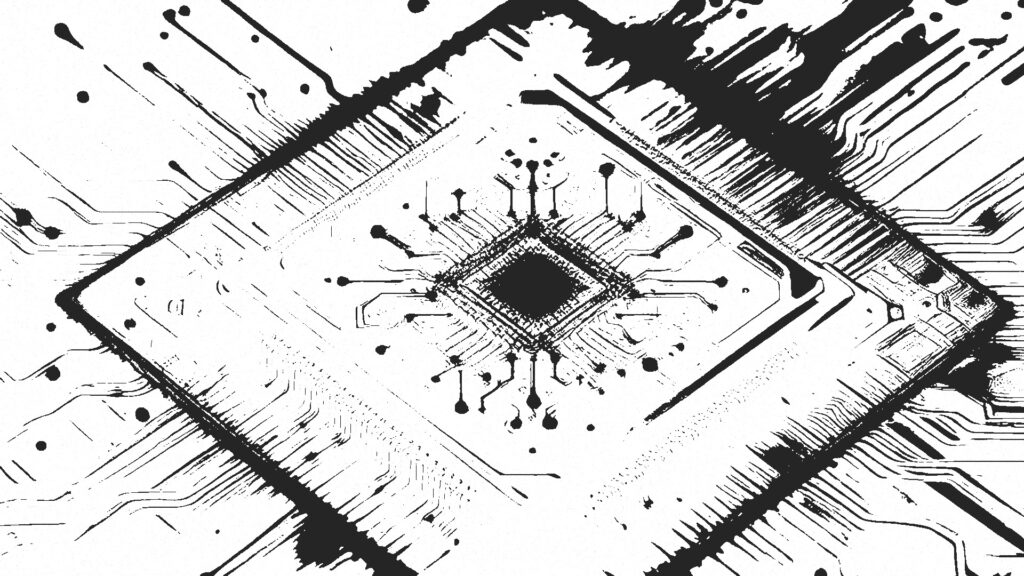Samsung is purportedly considering launching its own AI accelerator chip, the ‘Mach-1’, in an attempt to rival Nvidia’s dominance in the AI semiconductor market.
The forthcoming chip, expected to focus on edge applications with minimal power consumption needs, is set to enter production by year-end and premiere in early 2025, as per the Seoul Economic Daily.
The disclosure occurred during the company’s 55th regular shareholders’ meeting. Kye Hyun Kyung, CEO of Samsung Semiconductor, announced that the chip design had cleared technological validation on FPGAs and that the finalization of SoC was underway.
Completely novel form of AGI semiconductor
The Mach-1 accelerator aims to address AI inference tasks and purportedly mitigate the bottleneck problems encountered in existing AI accelerators during data transfer between the GPU and memory. This frequently leads to sluggish data transmission rates and diminished power efficacy.

The Mach-1 is purportedly a ‘lightweight’ AI chip, employing low-power (LP) memory instead of the expensive HBM commonly utilized in AI semiconductors.
The maneuver is broadly perceived as Samsung’s endeavor to reclaim its position as the world’s largest semiconductor company, countering Nvidia’s complete dominance in the AI chip market, which has witnessed a surge in stock value in recent months, propelling it to the third position in terms of valuation, trailing behind Microsoft and Apple.
Although the South Korean tech giant presently has no intentions to challenge Nvidia‘s H100, B100, and B200 AI powerhouses, Seoul Economic Daily reports that Samsung has established an AGI computing lab in Silicon Valley to accelerate the development of AI semiconductors. Kyung remarked that the specialized lab is “working to create an entirely new type of semiconductor tailored to fulfill the processing demands of future AGI systems.’”
Discover more from NewForTech
Subscribe to get the latest posts sent to your email.




